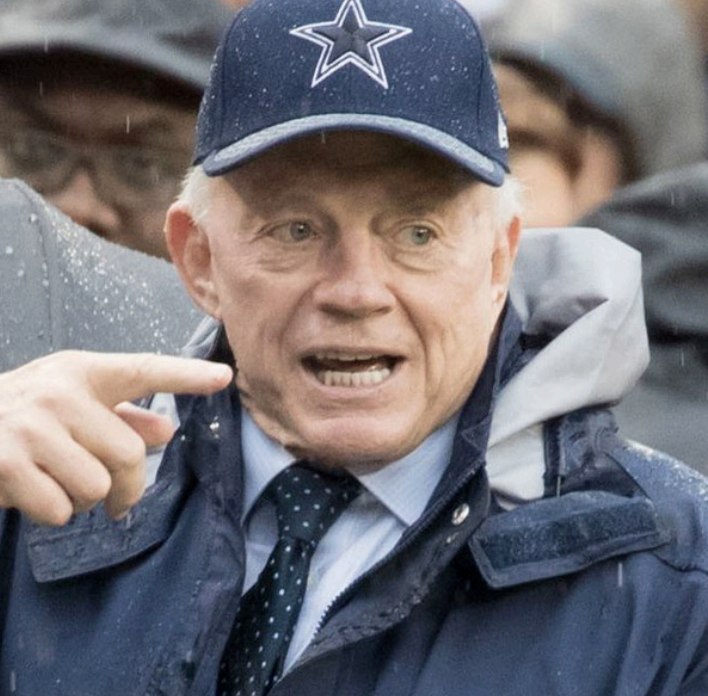For the past 15 seasons, NFL RedZone, hosted by Scott Hanson, has run completely commercial-free for viewers to enjoy. The ESPN-owned channel grew in popularity as it was a unique platform to watch games every Sunday. The program switches between games, broadcasting any team within 20 yards of the endzone or showing up to 8 games at once. In prior seasons, Hanson always had begun his broadcast with his signature slogan: “Seven hours of commercial-free football starts now,” a statement which became synonymous with RedZone itself. The program averaged 2.5 million viewers per week in 2024 and was set to shatter that record in 2025. However, this past August, ESPN announced their acquisition of “the linear rights to the league’s popular RedZone channel, in a deal that will see the NFL get a 10% equity stake.” Days before the program’s week one return, Hanson announced on “The Pat McAfee Show” that RedZone “would add commercials heading into the 2025-2026 season.”
Fans took to social media almost immediately, expressing their anger with the program and Hanson. He defended himself by stating that it was not his or ESPN’s decision, which shifted fan discontent towards the NFL. The new era of RedZone could be best summarized by Hanson’s new slogan, “Seven hours of RedZone football starts now,” which replaces the old “commercial-free” motto. Before week one, it was announced that the program would only include one minute of ads. Despite the length of the ad breaks, fans still voiced their frustration.
During RedZone’s week one debut, the program only featured four fifteen-second commercials, totaling one minute of ad screen time. The ads did control the audio of the channel for fifteen seconds, but they were placed next to game footage, never missing a second of action and staying true to the model of Redzone. While many fans were unfazed by the ads, critics noted that the ads did not make a huge difference to the program, but it allowed RedZone to experiment with more ads in the future.
The New York Times wrote that “[fans] see this as a violation of the spirit of the product.” The product has been marketed around commercial-free football since its creation, so breaking the original premise of the program irritated fans.
While ESPN owns the program, the decision to include ads in the program was the NFL’s. Senior Trevor Minton said, “one minute of ads isn’t a problem in itself. It’s more what the ads represent. For a corporation like the NFL, this move feels like a slippery slope.” The discontentment from fans is not solely about the minutes of ads during the program, but more about the corporate greed that the NFL has displayed. A prime example of this greed is the NFL’s recent decisions to lease out certain games to streaming services. This blocks fans from watching certain games if they don’t own a platform such as Netflix or Prime Video. While RedZone viewership has not faltered in the weeks since the ads were introduced, it has shown fans the lengths that the NFL will go to increase its profitability.















































